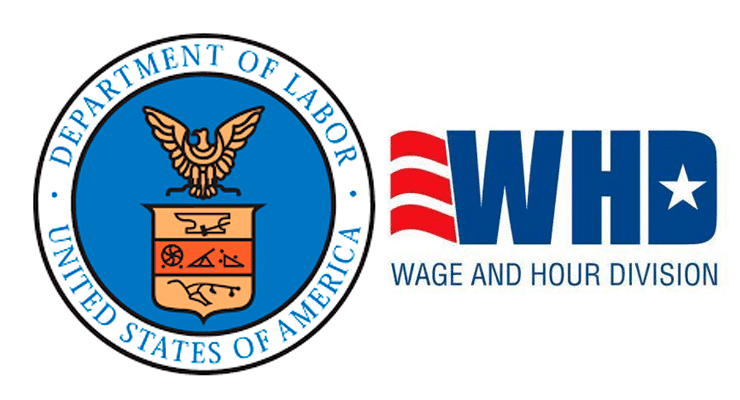Todd A. Price
Gary Estwick
April 19, 2024
Volkswagen workers in Chattanooga overwhelmingly voted to join the United Auto Workers late Friday, giving the union a decisive foothold in the historically anti-union South.
Nearly three quarters of the workers voted to support the UAW, according to the final results from the National Labor Relations Board. Of the 4,326 workers eligible to vote, more than 3,600 casts ballots over the three-day election.
As the votes were counted Friday night, first a trickle — and later, a wave — of bold, red T-shirts with white lettering peppered the union hall Friday evening at I.B.E.W. Local 175.
Joseph McMullen walked into the hall around 9 p.m. expecting many of his Volkswagen colleagues to have voted to establish a union. But he was not prepared for the overwhelming pro-union support displayed on a projection screen.
“I think that matters,” said McMullen, an Alabama native who works in the quality department. “It sends a message.”
When the news of the final victory was announced, members of the crowd jumped, cheered and hugged. Minutes later, UAW president Shawn Fain arrived to congratulate VW workers.
“Many of the talking heads and the pundits have said to me repeatedly, before we announced, that you can’t win in the South,” Fain told the cheering crowd. “But you all said, ‘Watch this.’ You all moved the mountain.”
The victory came despite strong opposition from a coalition of six Southern governors, including Tennessee Gov. Bill Lee. On Tuesday, Lee penned a letter which urged workers to reject unions.









